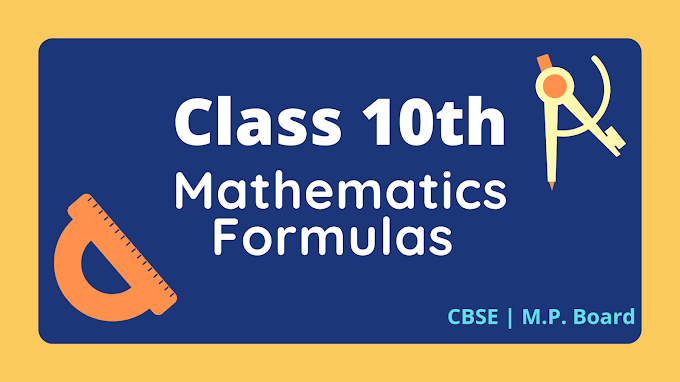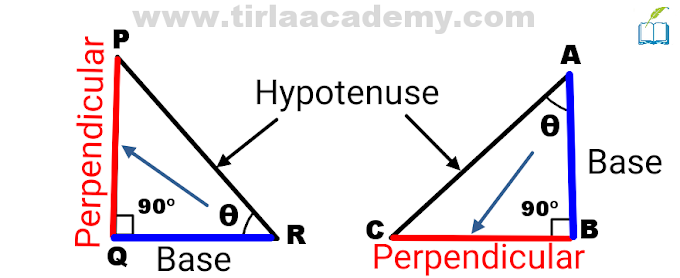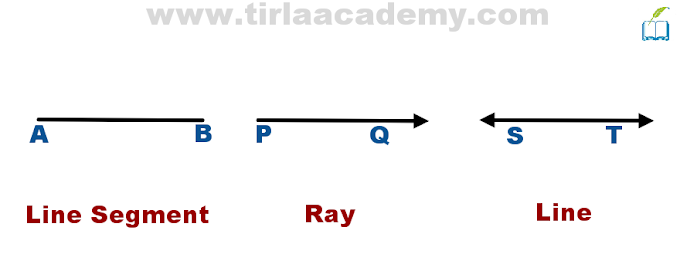There are various types of numbers in mathematics that we study and use in our daily life.
The numbers that we use are- natural numbers, whole numbers, even numbers, odd numbers, prime numbers, composite numbers, and many more.
In this article, we are going to dive into prime and composite numbers in detail. The following points we will cover on it -
1. What are the prime and composite numbers?
2. List of Composite numbers 1 to 100.
3. List of Prime Numbers up to 100
4. Prime and Composite numbers charts.
5. Difference between Prime and Composite numbers.
6. Prime numbers and Composite numbers QnA.
Let's start with the definition of a prime number and a composite number.
2. List of Composite numbers 1 to 100.
3. List of Prime Numbers up to 100
4. Prime and Composite numbers charts.
5. Difference between Prime and Composite numbers.
6. Prime numbers and Composite numbers QnA.
Let's start with the definition of a prime number and a composite number.
1. What are the Prime and Composite Numbers?
Which number is Composite?
A number that has more than two factors is known as a composite number.
OR
A number that is divisible by more than two numbers is known as a composite number.
Composite number example:- 4, 25, 70, 120, etc.
Definition of Prime number
A number that has only two factors, 1 and itself number is known as a Prime number.
OR
A number that is divisible only by 1 and itself number is known as a Prime number.
Prime number examples:- 5, 29, 89, 97, etc.
Now, let's make the list of prime and composite numbers 1 to 100.
2. List of Composite numbers 1 to 100
If we separate the prime numbers and composite numbers from 1 to 100 so we get more than 70 composite numbers.
Here, are the list of composite numbers 1 to 100 with their factors.
3. List of Prime Numbers up to 100
In the prime factorization method, we need prime numbers to solve the problems. Here is the list of prime numbers 1 to 100 with their factors.
4. Prime and Composite numbers charts
From 1 to 100, there are 25 Prime numbers and 74 Composite numbers. But remember 1 is not a Prime and composite.
Prime and composite numbers charts give us a better understanding to identify which are composite numbers? and which number is prime?
5. Difference between Prime and Composite numbers
There is various difference between prime and composite numbers. Let's discuss it one by one-
a.) A prime number has only two factors, 1 and itself number while a composite number has more than two factors.
b.) All prime numbers are odd numbers except 2 while all even numbers are composite except 2.
c.) There are 25 prime numbers up to 100 and there are 74 composite numbers up to 100.
d.) Examples of Prime numbers: 2,3,5,7, etc. Examples of composite numbers are 12, 21, 15, 100, etc.
e.) The quantity of Prime numbers is less than composite numbers.
Prime vs Composite Chart
Prime numbers and Composite Numbers QnA
1. Is 1 a prime number?
No, 1 is not a prime number because 1 has not two factors or it is not divisible by any two numbers.
2. Is 1 a composite number?
No, 1 is not a composite number because 1 has not more than two factors or it is not divisible by more than two numbers.
3. How many prime numbers are there from 1 to 100?
There are 25 prime numbers up to 100. All the prime numbers from 1 to 100 are-
2, 3, 5, 7, 11, 13, 17, 19, 23, 29, 31, 37, 41, 43, 47, 53, 59, 61, 67, 71, 73, 79, 83, 89, 97.
4. Write Composite number 1 to 100.
There are 74 composite numbers up to 100. They are-
4, 6, 8, 9, 10, 12, 14, 15, 16, 18, 20, 21, 22, 24, 25, 26, 27, 28, 30, 32, 33, 34, 35, 36, 38, 39, 40, 42, 44, 45, 46, 48, 49, 50, 51, 52, 54, 55, 56, 57, 58, 60, 62, 63, 64, 65, 66, 68, 69, 70, 72, 74, 75, 76, 77, 78, 80, 81, 82, 84, 85, 86, 87, 88, 90, 91, 92, 93, 94, 95, 96, 98, 99, 100.
5. Is 29 a Prime Number?
Yes, 29 is a Prime Number because it has only two factors 1 and 29.
6. Is 36 Prime or Composite?
36 is a composite number because it has more than two factors.
7. Are all odd numbers Prime numbers?
No, all odd numbers are not Prime numbers. Ex- 15, 21, and 91 are odd numbers but they are not prime numbers because 15, 21, and 91 have more than two factors.
8. Which number is not composite?
Numbers that have only two factors or less than two factors are not composite numbers.
9. Are all even numbers composite?
Yes, all even numbers are composite except 2. Because 2 has two factors 1 and itself 2.
10. Are all Prime numbers even?
No, only 2 is an even prime number.
11. Are all Prime numbers odd?
Yes, all Prime numbers are odd except 2(even number).
12. Are only even numbers composite?
No, all those numbers that have more than two factors are composite numbers. Ex- 20, 35, 33, etc.
13. How many prime numbers are from 1 to 100?
There are 25 Prime numbers from 1 to 100.
14. How many factors of composite numbers?
There are more than two factors of any composite number.










